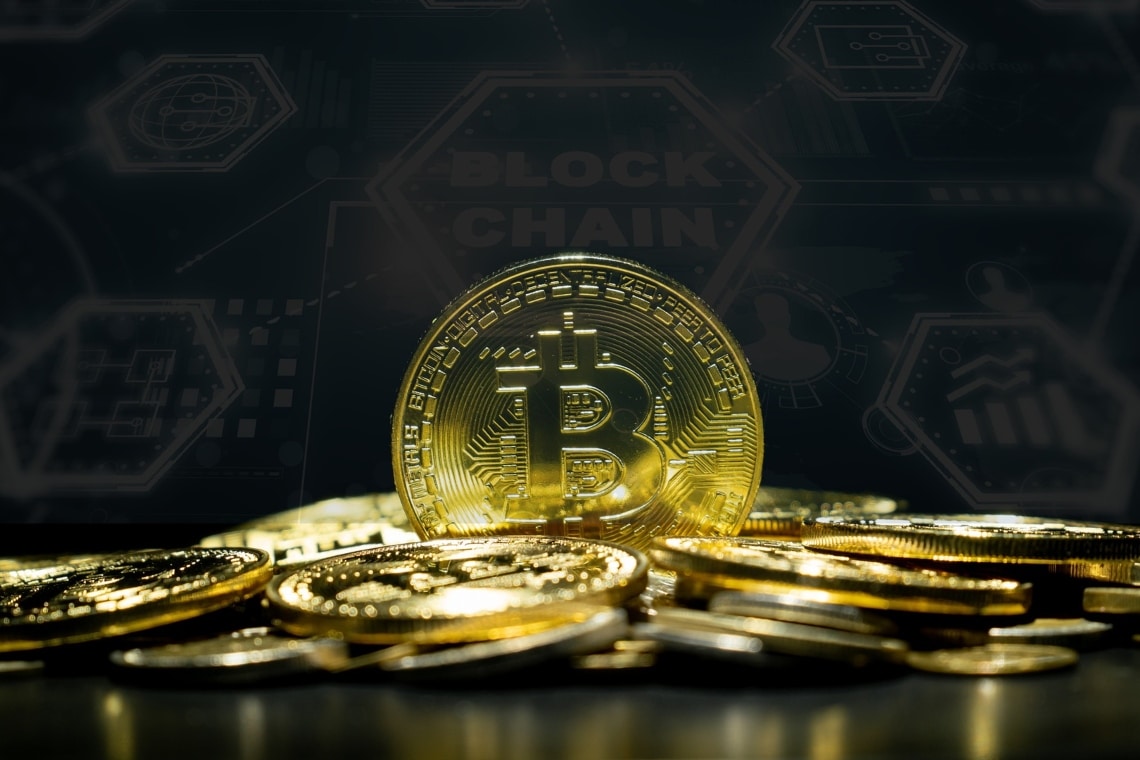A few days ago, the Bitcoin wallet allegedly belonging to the US government’s Justice Department moved several BTC linked to Silk Road.
Indeed, on 12 July it appears there were two outgoing transactions, totaling more than 9,800 BTC, worth nearly $300 million at the current price.
Previously, on 7 March, there were two other outbound transactions totaling 49,000 BTC, amounting to as much as nearly $1.5 billion.
It is believed that this wallet not only belongs to the US government’s Department of Justice, but also holds part of the Bitcoin seized from Silk Road.
It has actually only been active since March 2022, while Silk Road’s closure dates back to 2013. However, incoming transactions related to the seizure of BTC linked to Silk Road date back to last year.
At this time the wallet appears to be empty, so the DOJ has transferred all the Bitcoin stored in it to other wallets. In total, over the months it had received nearly 50,000 BTC.
Summary
The possible sale of Bitcoin linked to Silk Road
Typically, when authorities seize Bitcoin, they end up putting them up for auction.
Over the years, the US government has already held several auctions during which it has sold BTC that it had previously seized, and it is therefore possible that the 9,800 BTC that was just transferred will also end up being auctioned.
However, it is worth mentioning that the total daily trading volume of BTC on the crypto markets is around $7.5 billion, so 300 million could have relatively little impact.
What’s more, it has long been known that those BTC would end up in the auction sooner or later, so it is possible that the market has already priced in the news.
For now, there are no reports that any US government auctions for large Bitcoin sales have been officially announced.
In addition, it is possible that in order not to risk excessive price drops, and thus reduced proceeds, the government may decide to break up the sale into several auctions that could be held over a relatively long period of time, so as to give the market time to absorb these sales without large losses in value.
For example, the price of Bitcoin fell 0.8% after the news of the two transactions from that wallet, but it has already recovered its entire loss afterwards.
In contrast, the two transfers in March caused a much larger drop, but even that was later absorbed within three days.
Bitcoin auctions
When the government decides to auction seized BTC, it organizes its sale in lots.
Not all lots necessarily go to auction at the same time, and in fact it appears that as early as March some of the Bitcoin held in the above wallet were auctioned in lots totaling less than one-fifth of the total 50,000 BTC.
However, that is not the only wallet that belongs to a US government agency, so the BTC actually auctioned off could be more.
These auctions are held fairly regularly, though not necessarily every year, because seizures of BTC are not as rare as is generally believed.
However, the lots that are put up for sale are rarely small amounts, so the government generally waits until it has some in the till before auctioning them off in large lots.
For example, the sale held in March apparently yielded more than $200 million.
What’s more, the sale price, for those who participate in these auctions, is often decidedly attractive, because no one would want to buy such large sums at market price.
In other words, the bids from potential buyers at these auctions often stop at below market prices, since there is no fixed price, so there are those who are able to take advantage of them to make good deals.
Since they are held only when the US government, or some of its agencies or departments, decide to sell, and since the lots for sale have large amounts, there are not many buyers, and it is not even certain that right then they are willing to spend a lot to buy Bitcoin.
All this means that the sale price often turns out to be decidedly attractive.
For example, Tim Draper in 2014 participated in one such auction, and he was able to buy 30,000 BTC at a price just over $630. Three years later the price of BTC skyrocketed to $20,000.
Since the US government’s seized Bitcoin cost the US government nothing, auctions such as these often generate benefits for almost everyone except those whose BTC were seized.




